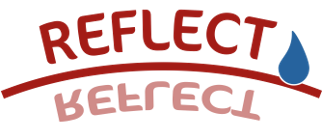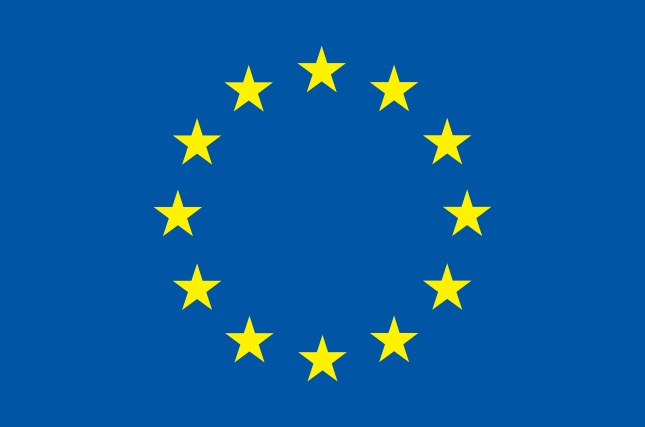Redefining geothermal fluid properties at extreme conditions


Content
The efficiency of geothermal utilisation depends on the behaviour of the fluids that transfer heat between the geosphere and the technical components of a power plant. REFLECT aimed to avoid problems related to fluid chemistry instead of treating them. The physical and chemical properties of these fluids were often poorly defined, as in-situ sampling and measurements under extreme conditions were challenging. As a result, there were large uncertainties in the existing model predictions. REFLECT addressed these uncertainties by collecting new, high-quality data in critical areas. This data was incorporated into a European geothermal fluid atlas and into predictive models that provide recommendations for the optimal operation of geothermal systems for sustainable use.
Based on known operational problems and observations, REFLECT identified the impact of relevant fluid properties and reactions to improve predictive geochemical modelling and thus increase both the energy utilisation and lifetime of geothermal power plants. The project has fundamentally changed the problem-solving strategies of geothermal power plant operators by moving from reacting to problems as they occur to proactively predicting them.
By achieving these goals, REFLECT helped solve many of the serious operational challenges in geothermal energy. This is in line with the objectives of the EU Strategic Energy Technology Plan (EU-SET) and ultimately contributes to reducing the cost of key renewable technologies and increasing the resilience and security of the energy system.
By addressing one of the biggest challenges in the utilisation of geothermal energy, REFLECT has had a significant impact on operational efficiency, project economics and environmental sustainability. By redefining the properties of geothermal fluids and their geochemical reaction constants over a wide range of salinities and temperatures, the project closed an important knowledge gap and led to more reliable predictions of geothermal performance. The improved databases and modelling tools developed as part of the project are now available to geoscientists and engineers. They will help operators to optimise the design of power plants and reduce maintenance costs caused by blockages and insufficient production/injection rates.
The final results can be found at the following links:
- REFLECT brochure for geothermal operators: https://www.reflect-h2020.eu/2023/07/04/reflect-brochure-for-operators-now-available
- The European Geothermal Fluid Atlas platform: https://www.reflect-h2020.eu/2023/02/06/now-available-european-geothermal-fluid-atlas and promotional video: https://bit.ly/3iMNxBS
- REFLECT research in issue 54 of the European Geologist Journal: https://www.reflect-h2020.eu/2023/05/15/reflect-research-in-issue-54-of-the-european-geologist-journal
- REFLECT Final Conference materials: https://www.reflect-h2020.eu/2022/10/24/reflect-final-conference/
The project received funding from the European Union's Horizon 2020 research and innovation programme under grant agreement nº 850626.
